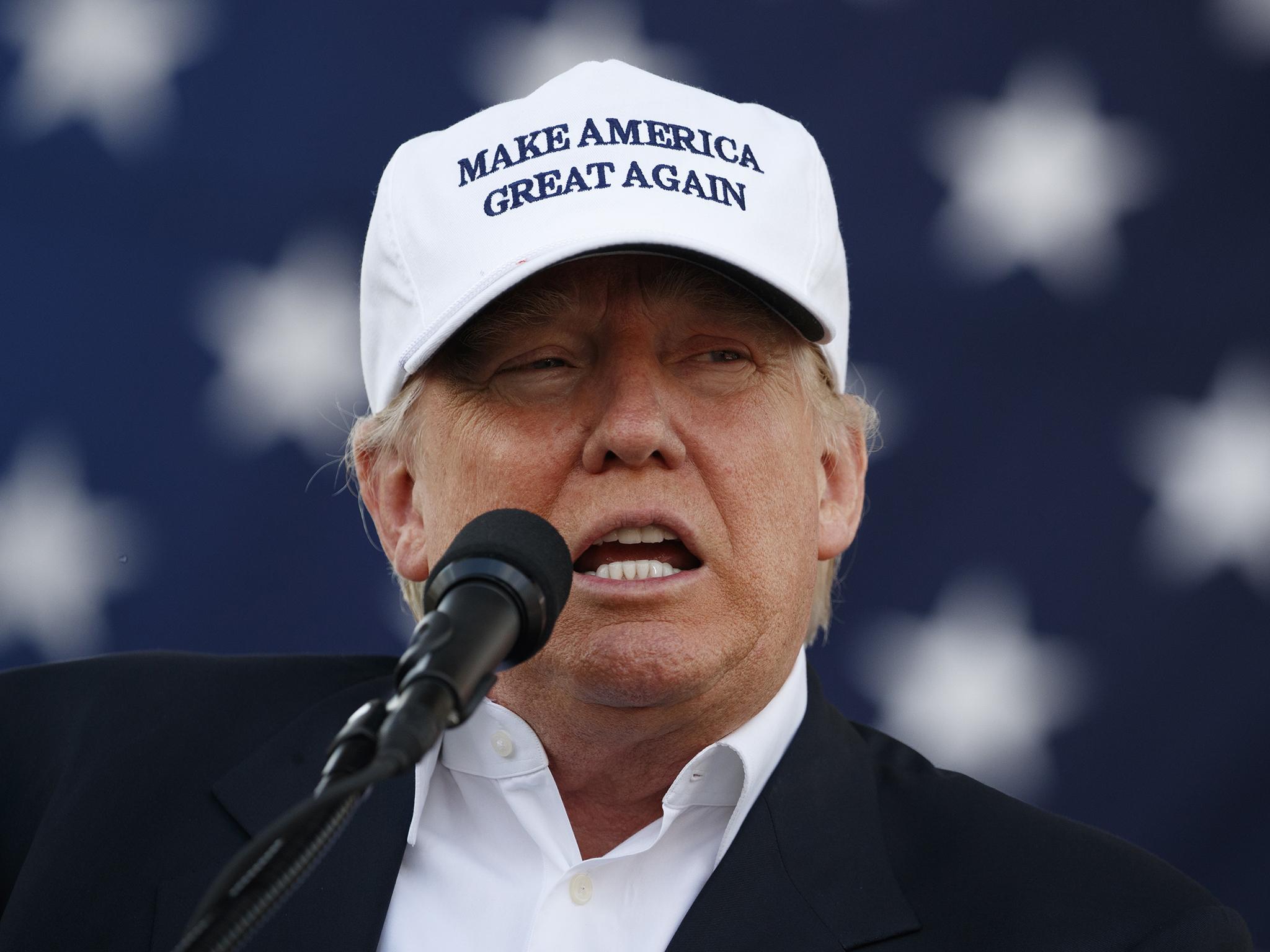What President Trump's victory means for the most important trade deal in the world
The election of the arch-capitalist billionaire businessman means the golden era of free trade deals could well be over... starting with TTIP

Your support helps us to tell the story
From reproductive rights to climate change to Big Tech, The Independent is on the ground when the story is developing. Whether it's investigating the financials of Elon Musk's pro-Trump PAC or producing our latest documentary, 'The A Word', which shines a light on the American women fighting for reproductive rights, we know how important it is to parse out the facts from the messaging.
At such a critical moment in US history, we need reporters on the ground. Your donation allows us to keep sending journalists to speak to both sides of the story.
The Independent is trusted by Americans across the entire political spectrum. And unlike many other quality news outlets, we choose not to lock Americans out of our reporting and analysis with paywalls. We believe quality journalism should be available to everyone, paid for by those who can afford it.
Your support makes all the difference.Get set for a bonfire of the trade deals as President Donald Trump keeps his promises over one of the few policy areas about which he has shown any consistency.
His shock victory sounds the death knell for the Transpacific Trade Partnership (TPP), which was to have been the biggest regional free trade agreement in history, and the biggest trade deal struck since the 1994 completion of the Uruguay Round of the GATT world trade talks that created the World Trade Organisation.
Intended to stitch 12 countries into a free trade area, and secure an American style approach to their future dealings, its ratification before the transfer of power has been one of the key goals of the outgoing Obama administration, which has expended a huge amount of energy to that end. That won't now happen, not even in the “lame duck” succession of Congress before President Trump enters the Oval Office. Speaker Paul Ryan had ruled out a vote before his election. While he said he favoured a deal, albeit with some tweaks, he also said that “we just don’t have the votes” to pass the measure. There is no chance of a change of heart now. He needs to mend fences with Trump, who angrily attacked Ryan for his lack of loyalty during the campaign.
The Trump administration will thus be free to consign the TPP to the dustbin of history, unless it can secure a multiple concessions from the other signatories, which include Australia, Brunei, Canada, Chile, Japan, Malyasia, New Zealand, Peru, Singapore, Vitenam, and the incoming President’s favourite whipping boy Mexico.
The same is almost certainly true of the Transatlantic Trade & Investment Parntership - or TTIP - with the European Union, on which talks started in 2013.
With tensions already high as a result of European tax demands levied against American multinationals such as Apple, and the mega-fines levied on European banks imposed by American regulators on the other side, the talks were already in trouble before the election of a President whose campaign was characterised by the bellicose cry of “America First”.
Trump’s election will likely see it indefinitely stalled if not actually scrapped. One potential beneficiary is the UK. Post Brexit, it has been promised a free trade deal before any European agreement is signed, which may be of some comfort to the Conservative Brexiteers who will lead negotiations.
Not that they should be under any illusions. They can’t expect too many favours from the Trump team when they sit down to negotiate that deal.
Also on the agenda is a withdrawal from NAFTA, the North American Free Trade Area, promised by Trump to protect American manufacturing jobs from moving south of the border to Mexico. Other deals, too, are under threat if America’s co-signatories refuse to renegotiate them in America’s favour.
It is possible that the incoming Trump administration may soften its tone in relation to other policy areas, where they have been mapped out. Trump has proved more than willing to flip flop when it suits him. His supporters have proved more than willing to forgive him for doing so.
This is unlikely when it comes to trade deals. They were Trump bugbears before he started his quixotic run for the White House. The promise to act upon them was a central plank of his campaign.
Moreover, taking a hard line will help Trump to stomp on the legacy of the hated Obama administration and solidify his coalition, which drew in some former Democratic supporters of Bernie Sanders. The only common ground between the latter and Trump is their mutual opposition to trade deals.
Historians may now come to see the Obama administration as the high watermark of the free trade era. Now the former host of the American Apprentice has been elected it’s fired.
Join our commenting forum
Join thought-provoking conversations, follow other Independent readers and see their replies
Comments